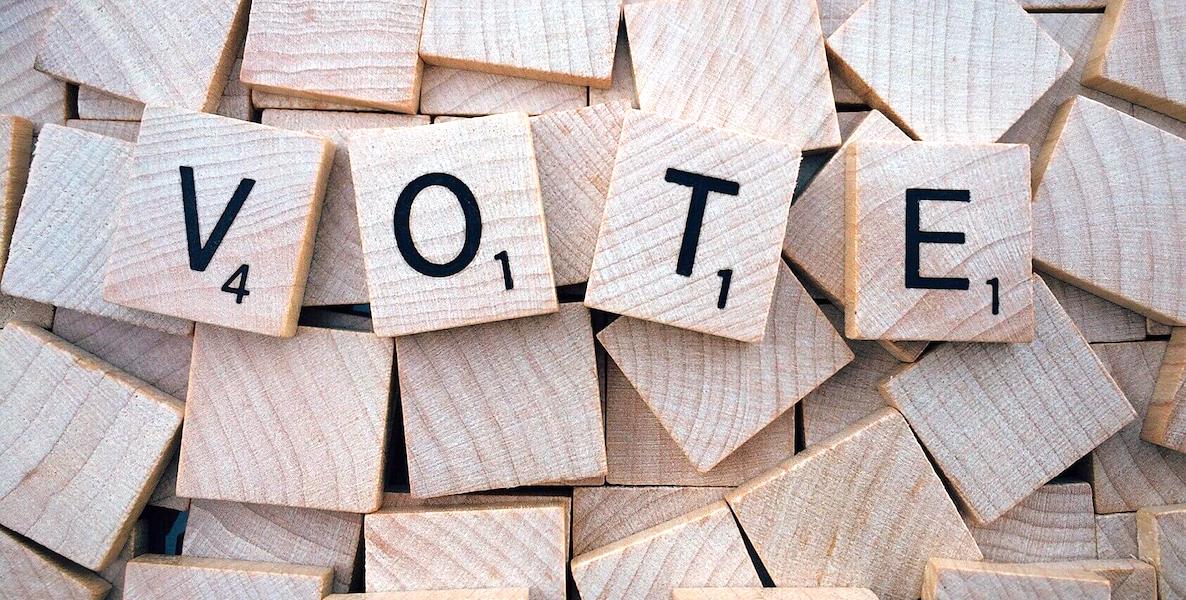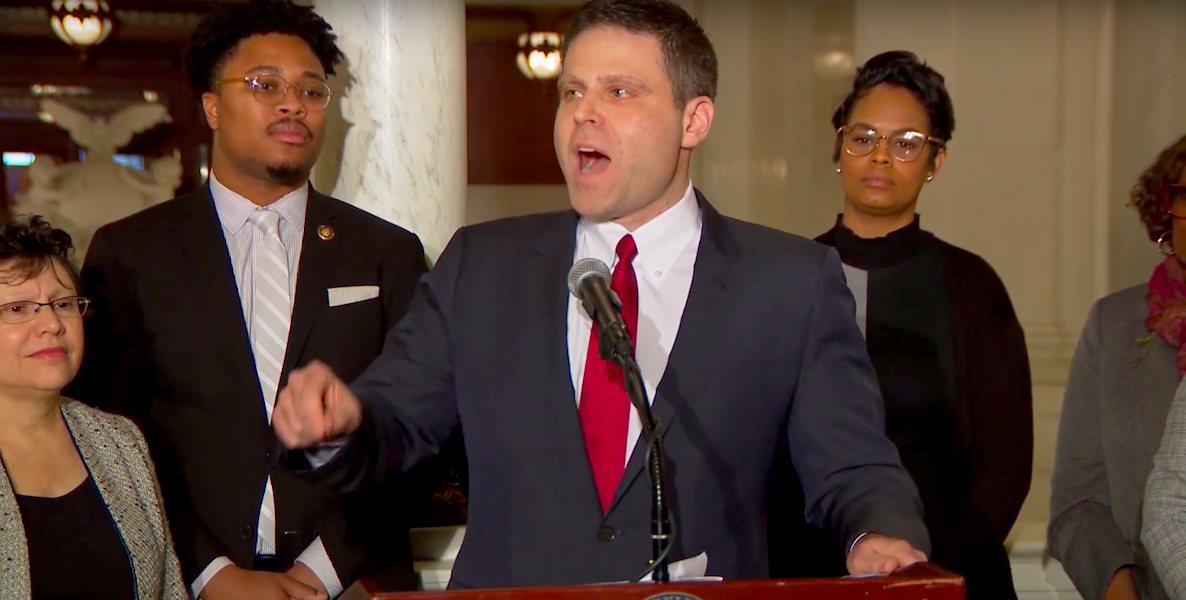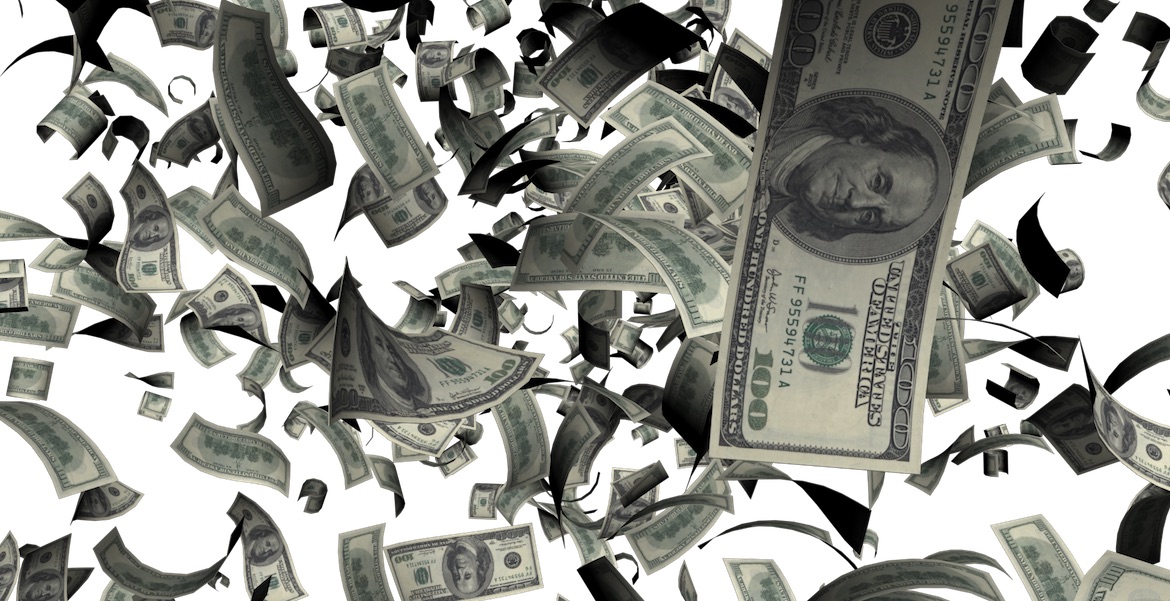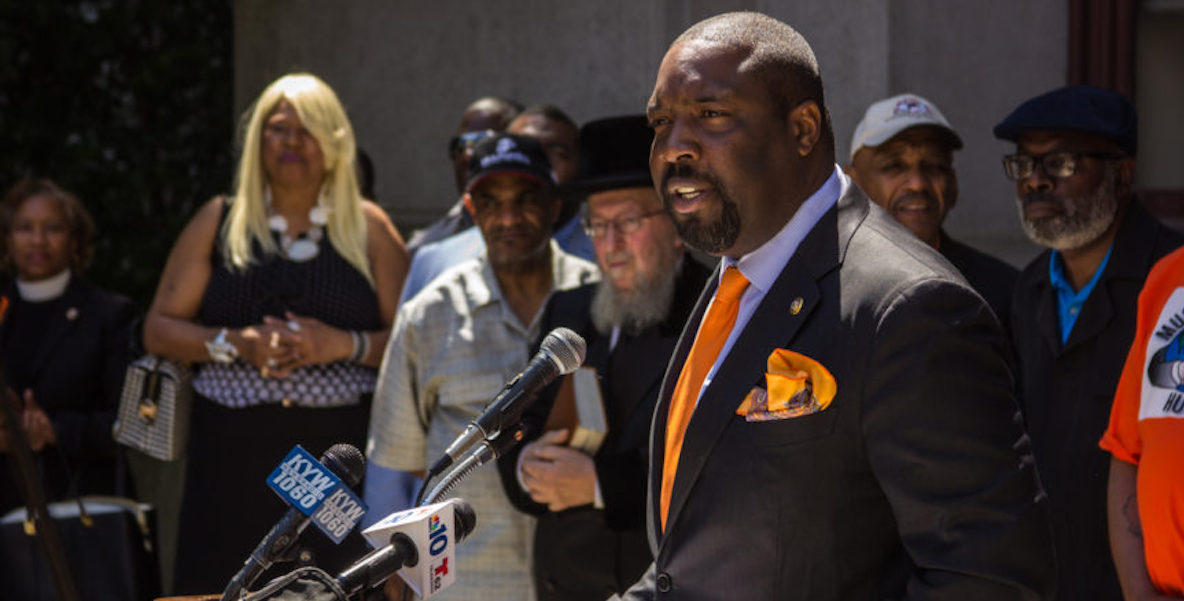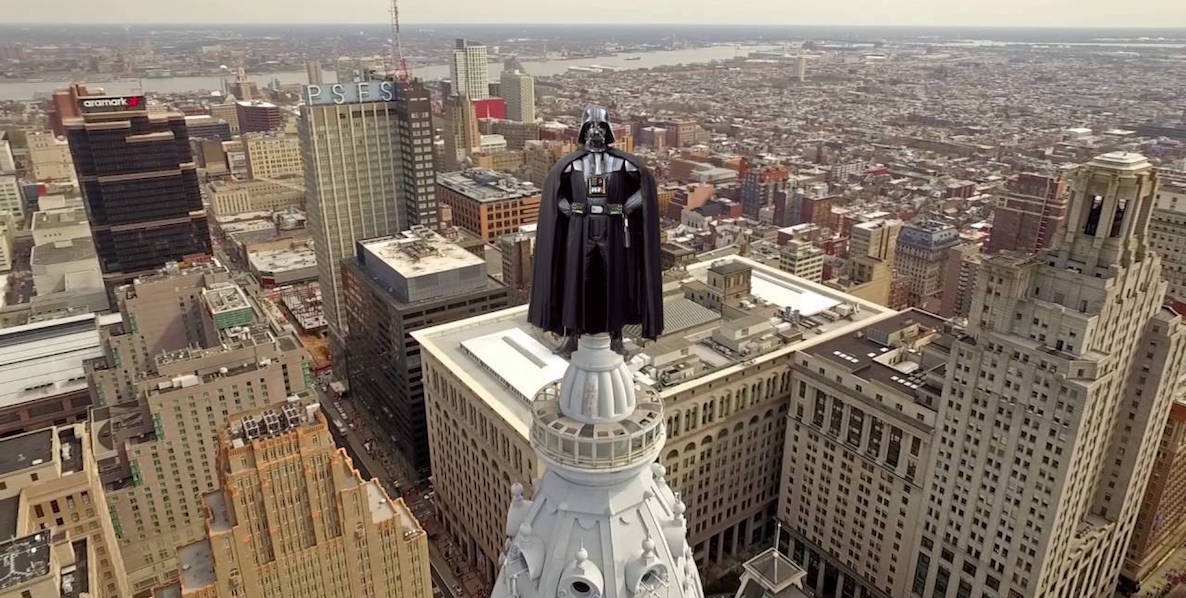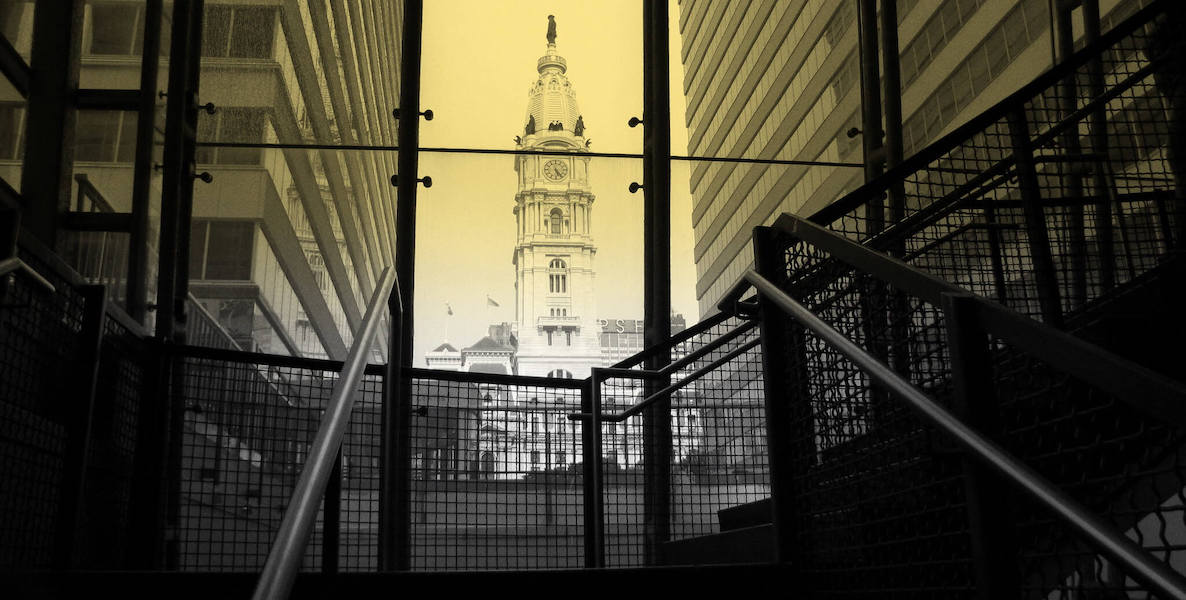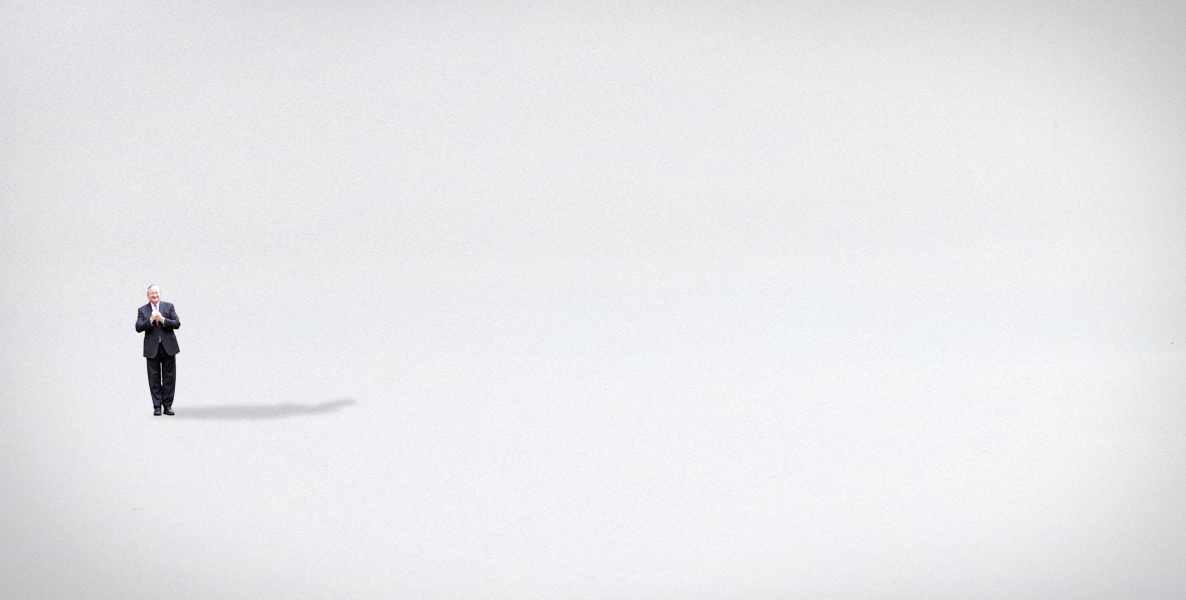to this story in CitizenCastListen
Shall the Philadelphia Home Rule Charter be amended to revise rules pertaining to prohibited activities of appointed City officers and employees, to generally allow such officers and employees to volunteer for state and federal political campaigns outside of work time and without using City resources; to continue to prohibit participation in any political campaign for a City office or Philadelphia-based state office; and to revise penalty provisions pertaining to such restrictions and prohibited activities generally?
Seriously, what’s the big deal? Even local political reform group Committee of Seventy and the Board of Ethics are on board with the change, given that just about every other city at least lets its employees and public officials engage in some political activity in their free time.
In Philly, though, ever since the 1951 adoption of our Charter, we’ve had a strict ban: If you work for the city, you can’t so much as stuff envelopes for any partisan campaign in your free time—not for local, state or federal elections.
The amendment would relax the ban, allowing city officials and workers to volunteer for campaigns in non-local races. Races for president, governor, attorney general and Congress would all be fair game for volunteers who work for city taxpayers; they’d still be barred from volunteering on campaigns for state representative offices with Philadelphia districts.
Surely, this is no biggie, right? The ban on political activity that has existed for the past 70 years nowadays seems a bit like overkill, no?
VOTE!Do Something
That’s why the ban was adopted in the first place, because legendary reformers like Richardson Dilworth and Joe Clarke saw that there was no distinction between hackocracy and bureaucracy in our Republican machine-dominated city.
With all of the challenges facing our city, what problem is softening our ban on political activity solving for, when we know the real world effect of such a move would be to create and strengthen the political armies of those already in power?
In those days, if you needed to be seen by a physician at a public hospital, you needed a ward leader to grease the way for you. If you were a transportation worker on the city payroll, you not only needed to vote for the mayor, God help you if a member of your family or a friend didn’t hew to the party line, too. We were a city of apparatchiks; there were rules for those inside the machine, where life was pretty good, and a different set for those on the outside.
It was clear what problem was being solved when Dilworth and Clarke passed their reforms 70 years ago. After all, as muckraking journalist Lincoln Steffens reported, the city workforce was routinely weaponized, doing the political bidding of mayors and party bosses. Sham votes were regularly cast for candidates handpicked by City Hall kingpins, who cleverly registered such “gangster” voters under names such as Ben Franklin and George Washington—just for the ironic kick.
Steffens, calling us “corrupt and contented,” marveled at how brazen our corruption was. One mayor, Samuel Ashbridge, even announced that he only wanted one term because, “I shall get out of this office all there is in it for Samuel Ashbridge.” Which he did; entering office broke, he left it as a bank president.
Our golden era of reform lasted only 11 years before a new political machine—Democrats, this time—took hold. But many of the Dilworth and Clarke policies—like the ban on political activity—lived on. When you consider the goal of 1950s reform—commandeering the powers of the insider class, returning local government to the voter and taxpayer—it posted a few wins.
Recently, I spoke with a City Hall worker of more than 20 years: “Not once during that time did anyone say to me, ‘You know, it would be great if you could help out on so-and-so’s campaign,’” he told me. “That was because of the Charter. I was able to just do my job.”
Proponents of next month’s ballot amendment—even good The flip sideLEARN MORE
Well, let’s delve into how that would work on the ground. You’re minding your own business, running your department, when the mayoral deputy to whom you report pops his head in. “Hey,” he says, “would you mind knocking on doors for Josh Shapiro this weekend? The mayor sure would appreciate it.”
Is that corrupt, per se? No, but—again—aren’t we fixing what ain’t broken? With all of the challenges facing our city, what problem is softening our ban on political activity solving for, when we know the real-world effect of such a move would be to create and strengthen the political armies of those already in power? Do we really need to turn, say, an L&I worker, into a political chit in a game he doesn’t even know he’s playing?
Philly has long innovated when it comes to the ways our political class can muscle its own interests ahead of the common good.
Besides, what if that worker was the rarest of species in Philadelphia, an actual Republican? Doesn’t she have the right to not be subtly pressured to act against her private political interests?
Which gets us to the most cynical possibility: That the relaxing of the ban is actually a deliberately partisan act. We’re approaching a general election of existential import, in which the zeal to send Donald Trump packing might be taking precedence over any local good government tradition. Thousands of city-worker foot soldiers—knocking on doors, distributing sample ballots, maybe showering the streets with walking-around money—could well drive turnout in Philly enough to make the difference between Pennsylvania going blue or red.
On Philly corruptionRead More
Look at that, and then you tell me: What in our history leads to any rational conclusion that any lessening of any anti-corruption law will lead any of our elected leaders to opt for the good government choice?
The Fix is made possible through a grant from the Thomas Skelton Harrison Foundation. The Harrison Foundation does not exercise editorial control or approval over the content of any material published by The Philadelphia Citizen.
Header photo courtesy Andy Atzert / Flickr

